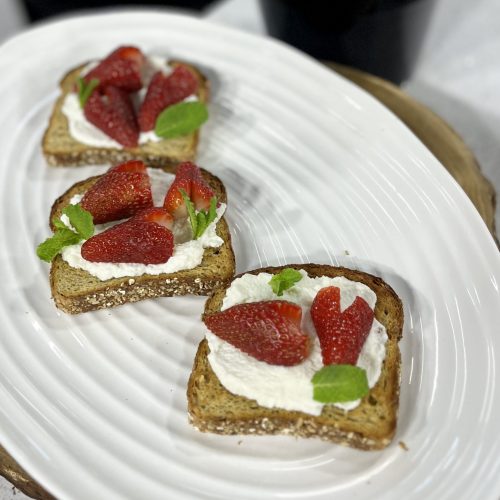
Have you heard the news?
Food prices are going up this year by an average of 5-7%. That’s according to the latest Canada’s Food Price Report by researchers at Dalhousie University, the University of Guelph, the University of Saskatchewan and the University of British Columbia.
The chart below outlines the anticipated increases in food prices for various food categories in 2023. The price of dairy, meat and bakery items will all increase between 5-7%, while vegetables will take the hardest hit, with prices expected to rise between 6-8%.

Source: Canada’s Food Price Report 2023
Last year’s food price report also predicted an overall food price increase of 5-7%, and in reality, the increase was over 10%. What’s driving the rise in food prices? There isn’t one specific cause, but rather a mix of factors including geopolitical conflicts, higher oil / gas prices, as well as increased fuel and food production costs.
It’s no surprise that rising food costs are Canadians’ top concern. According to research from The Canadian Centre for Food Integrity, the cost of food has consistently been the number one worry among the majority of Canadians for the past five years. In 2022, 69% of Canadians were concerned about the cost of food and 56% were concerned about keeping healthy food affordable.
The good news is, plant science helps to reduce food waste and keep food affordable for Canadians. Scientists use plant breeding innovations like genetic modification and gene editing technology to develop new varieties of crops that are not only tolerant to heat and drought, but that also have an increased shelf life. Longer lasting produce can help you stretch your food dollar and minimize food waste at home.
Up to 40% of crops are lost each year globally due to insects, weeds and diseases.[1] What’s more, extreme weather situations such as droughts and floods could reduce crop yields significantly, potentially driving up food prices. Shorter / milder winters resulting from climate change could further threaten food production. Pesticides and genetically engineered crops are important tools to help protect crops from insects, weeds and diseases as well as limit food loss from farm to table. Here in Canada, plant science technologies are strictly regulated to ensure they are safe for people, animals, and the environment.
Research shows that without plant science innovations, prices would be 45% higher on average for many food staples, which would cost Canadian families an extra $4,500 a year for food.[2] Thanks to plant science, farmers have tools to grow safe, healthy crops while playing an important role in keeping food prices down.
Learn more about plant science innovations and food affordability at HelpingCanadaGrow.ca and www.RealFarmLives.ca.
[1] CropLife Canada. Facts and Figures: Food Waste.
[2] Regulatory Impacts / Alternatives / Strategies (RIAS) Inc. (2021 March). The Value of Plant Science Innovations to Canadians in 2020.


